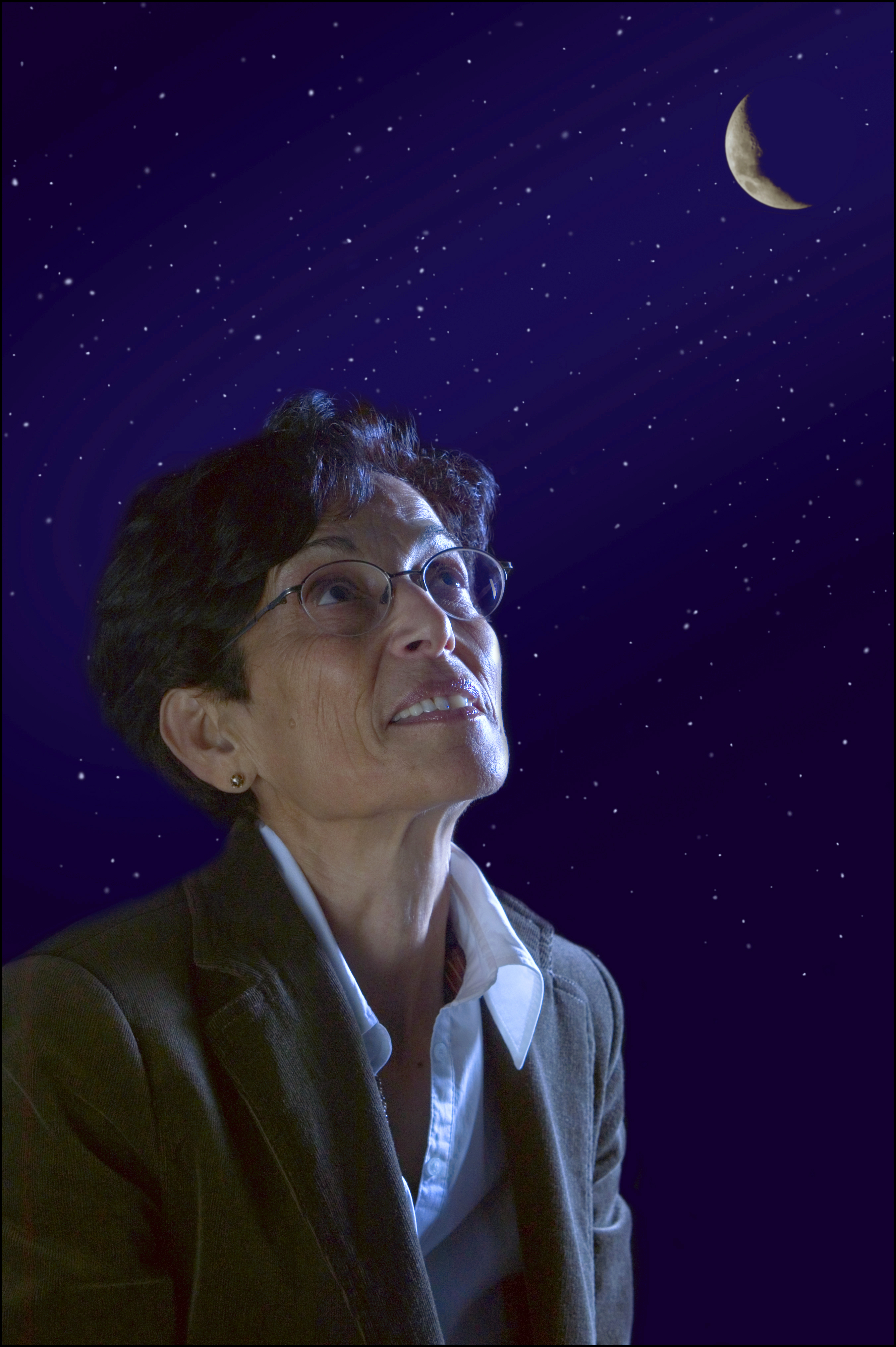Zohra Ben Lakhdar
 |
Zohra Ben Lakhdar Country of origin: Tunisia |
When I was young, everyone used to say that science was difficult for men and impossibly difficult for women. Only men were supposed to be any good at calculus and the only goal for a woman was to get married and have a family. Since I enjoyed mathematics, physics, and science in general, I wanted to show that there was no difference of ability between men and women and to demonstrate to the world that I could work in science. I dreamed of having the same status in the scientific community as men.
When Tunisia became independent in 1956, my family moved to Tunis, where I spent six years in a secondary school which was very good for French and Arabic, but unfortunately, not very good for the sciences. After independence, education became the Tunisian Government's main concern and in 1963, with my new baccalaureate in mathematics, I went to the University of Tunis' newly built Science Faculty. We were 200 students, but only five of us were girls. At the time, Tunisia did not have a single female engineer. Luckily for me, my family gave me their backing, clearly judging that any choice I made was an act of will and therefore good.
Be aware of the importance of culture; be open-minded as a scientist and as a person. Seek independence. Understand how important it is to be responsible citizen. be optimistic: more and more women are becoming involved in the sciences, especially biology. Women are now more independent and their careers are becoming more highly valued by society.
Optics is light, and light is life. Optics has been a great field since antiquity which interests all people and at each age; through optics we can perform our observation, explain and understand our environment, interrogate the sky, and make simple experiences. Optics helps to open the mind.